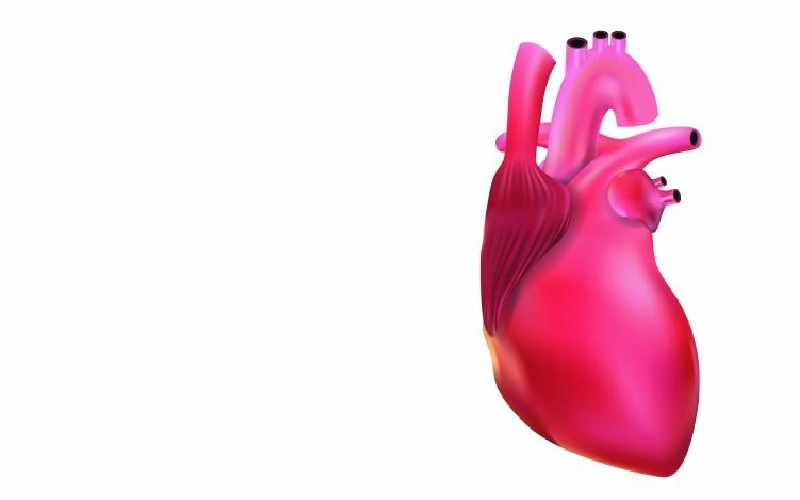×
The Standard e-Paper
Kenya’s Boldest Voice

While the Health Act 2017 made clear the organ donation regulations, Kenya hasn’t noted an increase in donations or an expansion of infrastructure to have most surgeries done locally. Smaller family sizes, an increasingly aged population and a rigid attachment to the dead have led to an acute shortage of transplant organs in Kenya.